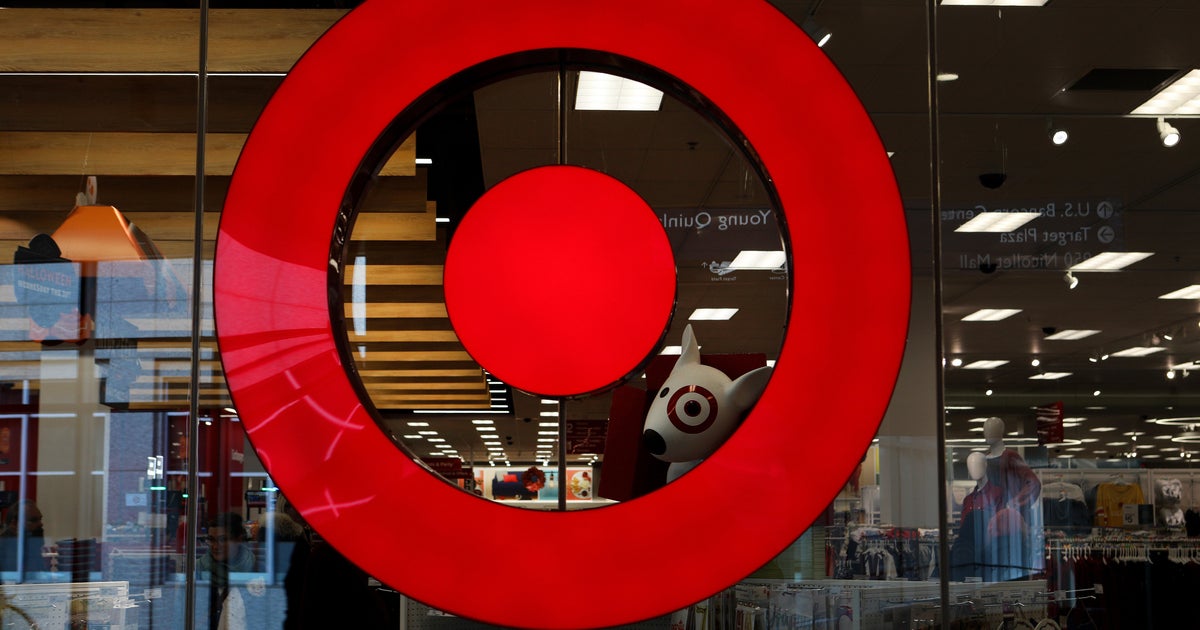Good Question: Why Do We Pay CEOs So Much To Leave?
MINNEAPOLIS (WCCO) – It's not yet clear exactly how much newly resigned Target CEO Gregg Steinhafel stands to make from his severance package, but analysts say it could be anywhere from $9 million to $55 million.
Target is expected to release its latest proxy statement this month.
That document will provide more detail about Target's "Income Continuation Plan," which would include things like salary, bonuses and deferred compensation.
"Usually, it's the guy at the top that has to pay the price, but he's getting a big price," said Cori Johnson of Minneapolis.
When former CEO Robert Ulrich stepped down from Target in 2008, he left with $164 million.
So, why do we pay CEOs so much to walk away?
"The world that the top CEOs of publicly traded companies is different in the way the rest of us operate," said Paul Vaaler, a professor of strategic management at the Carlson School of Management. "It's important for those companies to have the very best teams leading them so that we get good value for customers, suppliers, community members and shareholders."
According to a recent study in the Journal of Accounting Research, 68 percent of large companies offer executive severance.
Forbes estimates the average CEO severance to be $5.4 million.
Vaaler said there is a small group of people who have the experience to run large corporations and there is tough competition to land them as CEO.
"To some extent, it's a lot of money, but what we hope and what we pay for is the creation of a lot of value," he said.
Most severance packages are laid out in the initial compensation packages.
Vaaler said having an out to fall back on makes it more likely for a CEO to make more risky, but thoughtful decisions.
"Sometimes we want them every once in a while to swing for fences," he said. "Having a severance package in place helps them make those risky decisions Thoughtful risky decisions. Knowing at the end of the day there is an out for them."
Companies appreciate having these severance packages too.
Severance packages might also serve to bring in another CEO quickly and without trouble.
"They're trying to make the transition, the adjustment from one executive to another with the least amount of rancor, with the least amount of delay. And it helps if there are no lawsuits. That costs money," Vaaler said.
In almost all cases, CEOs of large companies must sign very detailed contracts that require confidentiality agreements and, sometimes, non-compete clauses. This is also factored into the price of the severance package.
While several people questioned on the street thought the compensation was too much, others wanted to look at the entire financial pictures.
"You have to put it in perspective, for what they make in profit, what they give away, what they do for their employees," said Tracy Kruger of Blaine.
Last year, Target's profits fell to just under $2 billion.
Each year, Target says it donates five percent of its profits to charity.







